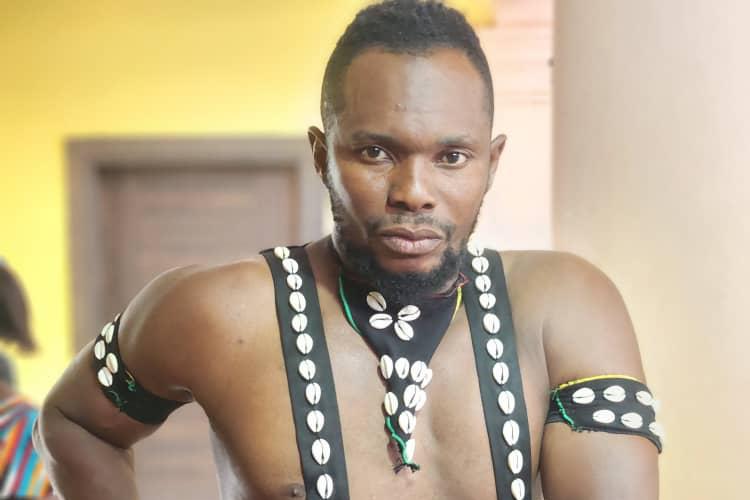Fofoo Attiso, the CEO of African Dance Rhythms, a cultural organization operating in Ghana and the United States, advocates for increased governmental support in promoting Ghanaian dance and drumming on the global stage. Attiso envisions a future where Ghana leverages its rich artistic heritage to become a global cultural powerhouse, exporting its vibrant traditions to international audiences, particularly in the West. He argues that this strategic investment in cultural diplomacy will not only elevate Ghana’s artistic influence worldwide but also generate significant economic and social benefits for Ghanaian performers. Through his organization, Attiso has been tirelessly working to bridge cultural gaps and foster greater understanding and appreciation of African arts.
African Dance Rhythms has implemented a multi-pronged approach to achieving its cultural exchange objectives. In the United States, the organization has embarked on extensive tours, visiting schools and communities to conduct workshops and performances that showcase the dynamism and artistry of African dance and drumming. These initiatives aim to introduce new audiences to the richness and complexity of these art forms, challenging preconceived notions and fostering cross-cultural dialogue. Simultaneously, the Ghanaian branch of African Dance Rhythms has been actively engaged in promoting traditional dance within the country, organizing performances and educational programs that nurture local talent and deepen appreciation for Ghana’s cultural heritage. This dual focus on domestic and international outreach underscores Attiso’s commitment to both preserving and disseminating Ghanaian artistic traditions.
Attiso’s current focus is on expanding the organization’s reach to Europe, opening up new avenues for Ghanaian dancers to showcase their talents on an international platform. He believes that providing Ghanaian artists with opportunities to tour internationally will not only enrich the global cultural landscape but also create sustainable economic opportunities for the performers themselves. By connecting Ghanaian artists with international audiences, Attiso envisions a mutually beneficial exchange where artists gain recognition and financial stability while global audiences are exposed to the captivating power of African rhythms. This strategic expansion into European markets represents a significant step towards realizing Attiso’s vision of Ghana as a leading exporter of cultural artistry.
The core of Attiso’s argument rests on the belief that cultural exchange is a powerful tool for fostering understanding and building bridges between nations. He sees the global promotion of Ghanaian dance and drumming as a means of enhancing cultural appreciation worldwide, breaking down stereotypes and fostering greater respect for diverse artistic expressions. Moreover, he emphasizes the potential economic benefits of such cultural diplomacy, arguing that the export of artistic traditions can generate income for artists, support local economies, and contribute to Ghana’s overall economic growth. This economic empowerment of artists is crucial, as it ensures the sustainability of these traditions and allows them to flourish for generations to come.
Attiso’s call for government support underscores the vital role that public investment plays in promoting cultural development. He believes that by prioritizing the arts and investing in cultural infrastructure, the Ghanaian government can create an environment that nurtures artistic talent and facilitates its global reach. This support could take various forms, including funding for arts education programs, providing grants and scholarships for artists, and facilitating international collaborations and exchange programs. Ultimately, Attiso believes that government backing is essential for realizing the full potential of Ghanaian arts and positioning the country as a cultural leader on the world stage.
In an increasingly interconnected world, Attiso believes that Ghana has a unique opportunity to leverage its rich artistic heritage to its advantage. By strategically promoting its cultural traditions, particularly its captivating dance and drumming, Ghana can enhance its global image, attract tourism, and foster stronger international relationships. Attiso’s vision goes beyond mere cultural exchange; it encompasses a comprehensive strategy for cultural diplomacy, using the power of art to build bridges, promote understanding, and create a more vibrant and interconnected global community. The success of African Dance Rhythms serves as a testament to the transformative potential of cultural exchange and underscores the importance of supporting artistic endeavors that transcend borders and connect people through shared experiences.


